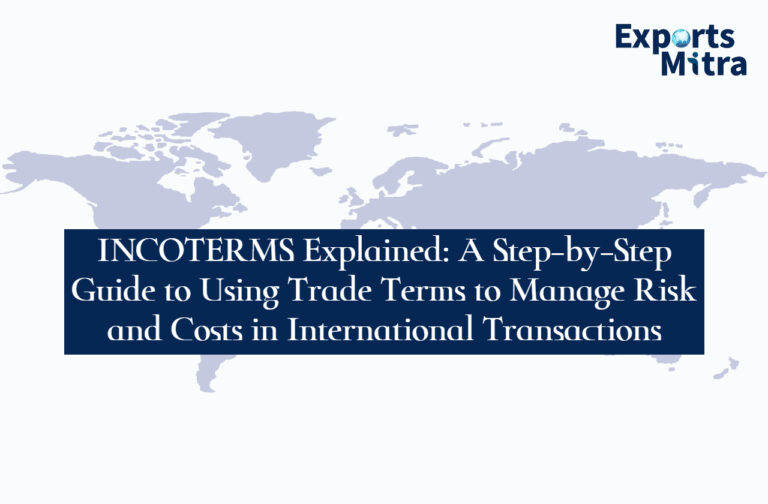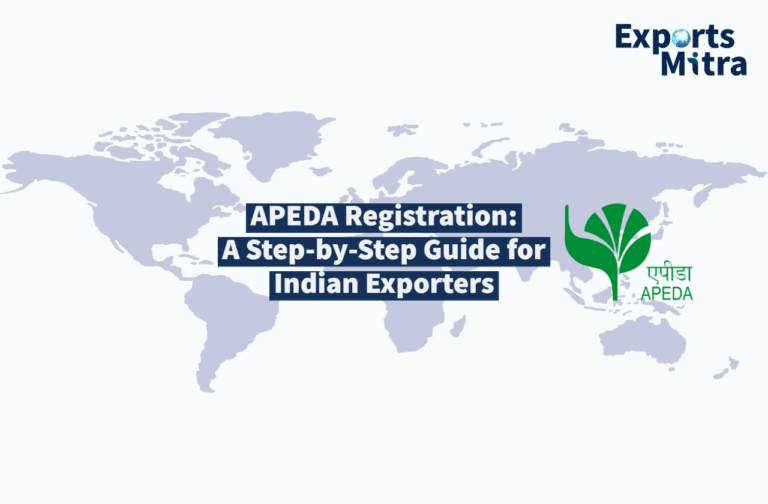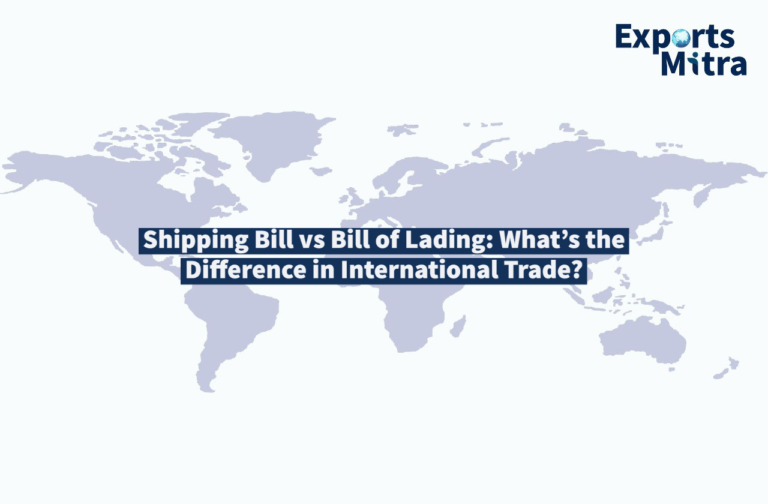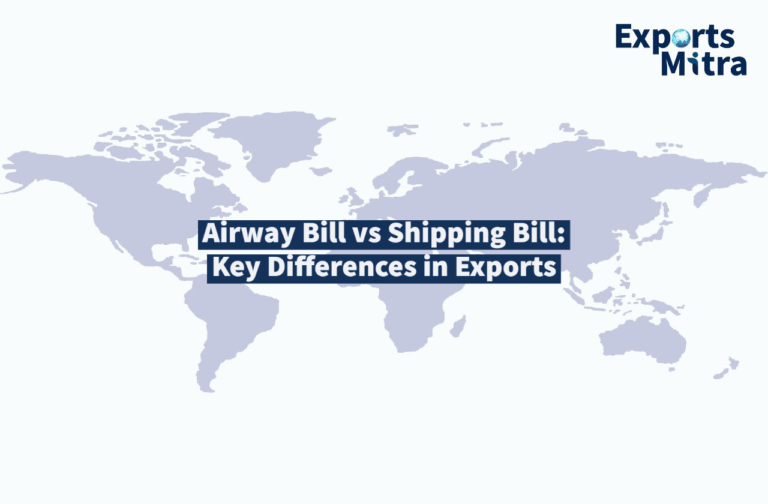Incoterms 2020 Rules, the tenth revision to Incoterms, were introduced by the International Chamber of Commerce in 1923. These updated rules came into effect from 1st January 2020, reflecting changes in market practice, new technologies, government policies, and environmental regulations.
When it comes to international trade, Incoterms are an essential component to understand. These terms dictate the responsibilities of the buyer and seller in a transaction, including the delivery of goods, the transfer of risk, and the payment of expenses.
This article will provide the overview of the Incoterms 2020 and its differences from 2010.
Table of Contents
Understand the Basics of Incoterms
Before delving into the differences between Incoterms 2020 and 2010, it’s important to understand the basics of what they are. Incoterms, short for International Commercial Terms, are a set of standard rules used in international commercial transactions. They are used to clarify the responsibilities of the buyer and seller, including the point at which risk and responsibility for the goods transfer from the seller to the buyer.
Know the Differences Between Incoterms 2020 and 2010
Incoterms 2020 is the latest version of the ICC’s standard rules. It differs from the 2010 version in a few key ways:
Insurance
One of the most significant changes in Incoterms 2020 is the treatment of insurance. In the 2010 version, the term “CIF” (Cost, Insurance, and Freight) required the seller to obtain insurance coverage for the goods. In Incoterms 2020, the term “CIF” still requires the seller to obtain insurance, but the coverage must now be at least equivalent to the coverage required under Clause A of the Institute Cargo Clauses.
DAT Becomes DPU
Another significant change in Incoterms 2020 is the replacement of the term “DAT” (Delivered at Terminal) with “DPU” (Delivered at Place Unloaded). The new term reflects the fact that the place of delivery can be any place, not just a terminal.
FCA and Bills of Lading
Incoterms 2020 now allows for the use of the FCA (Free Carrier) term with bills of lading that have been issued “on board,” meaning that the goods have been loaded onto the vessel. This change aligns Incoterms with current practice in the shipping industry.
Security Requirements
Incoterms 2020 also includes new security requirements. The “A” variants of the FCA, CIP, CPT, DAP, DPU, and DDP terms now require the parties to cooperate in obtaining and providing any security-related information needed for the safe and secure transport of the goods.
Transportation by Seller or Buyer
Incoterms 2020 recognizes that not all commercial trade transactions from the seller to the buyer are conducted by a third-party carrier. Transactions are conducted without a third-party carrier at all, such as a seller using its means of transportation or a buyer using its vehicle to collect goods.
Understand the Importance of Choosing the Right Incoterm
Choosing the right Incoterm is essential in international trade, as it affects the responsibilities of both the buyer and seller, as well as the costs associated with the transaction. Some terms, such as “EXW” (Ex Works), place most of the responsibility on the buyer, while others, such as “DDP” (Delivered Duty Paid), place most of the responsibility on the seller.
Consult with Legal and Logistics Professionals
When it comes to international trade, it’s always best to consult with legal and logistics professionals to ensure that you choose the right Incoterm for your transaction. These professionals can help you understand the nuances of the rules and ensure that your contract accurately reflects the responsibilities of both parties.
Conclusion
In conclusion, Incoterms 2020 is an updated common framework that reflects changes in market practice and is easier to use than previous versions of the rules. The new rules specify the obligations of the buyer and seller in international trade transactions, the transfer of risks, and costs, enabling the smooth conduct of business in the global marketplace. The changes in Incoterms 2020 reflect current practices in the shipping industry and aim to provide






